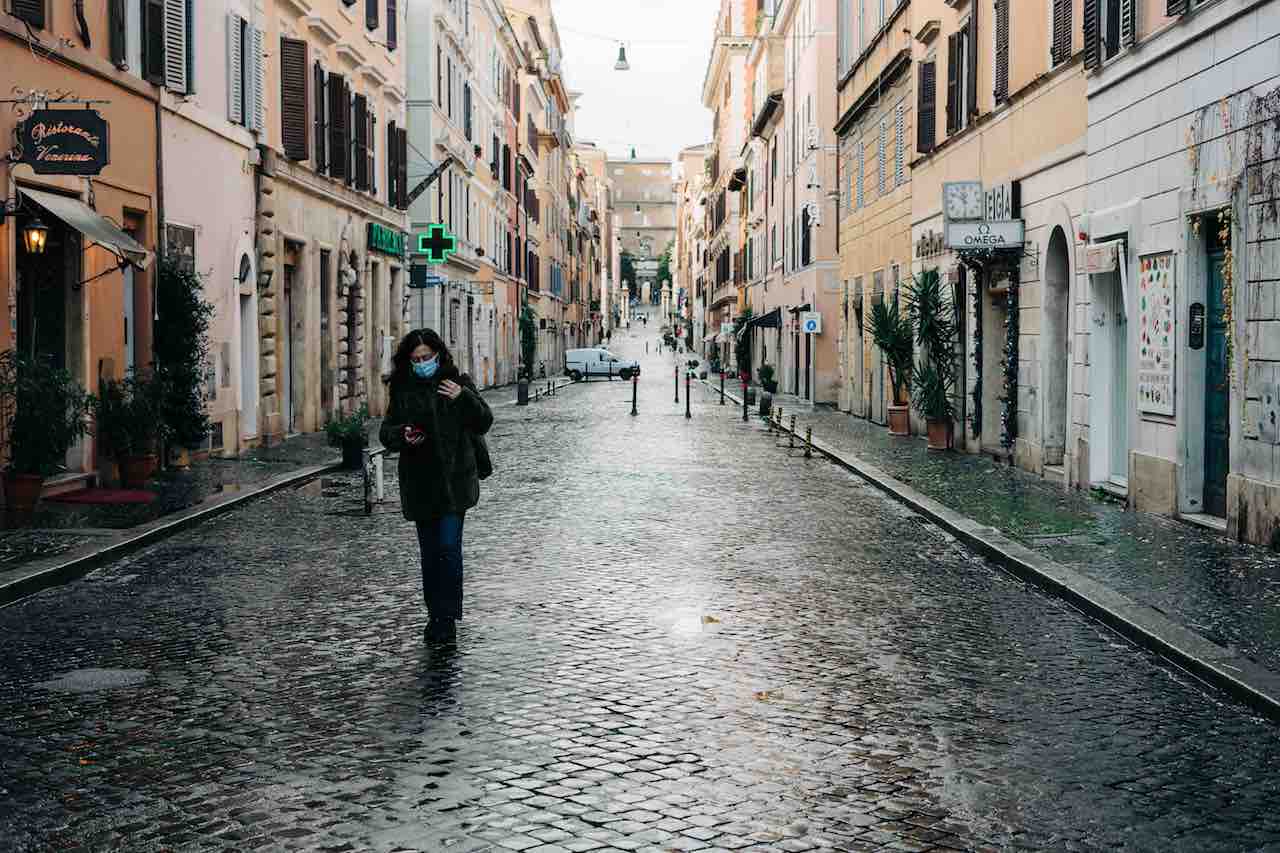Tips for Safety when Traveling Abroad
When it comes to traveling internationally, I can honestly say that there’s nothing more exciting, especially when everything goes off without a hitch. I’ve had my fair share of smooth trips, but I’ve also learned the hard way that preparation is key. The language barrier can sometimes feel like a hurdle, but ultimately, each experience is a great learning opportunity. However, safety should always come first, and I’ve found that planning ahead really makes a difference. Here are some tips that have helped me enjoy safe and worthwhile international travel.
Things to Consider Before Leaving
Before any big trip abroad, I always make a checklist to ensure I’m as prepared as possible. Based on safety recommendations, it's crucial to stay aware of health protocols, safety measures, and crisis management strategies. Here are some things I never leave without considering:
- Valid Passport: I always double-check my passport to ensure it’s valid and won’t expire while I’m still away. I’ve learned the importance of signing it and filling out emergency contact details—better safe than sorry.
- Visa and Travel Documents: Depending on where I’m going, Visa requirements can vary. I always keep photocopies of my important documents and even bring extra passport photos, just in case. Additionally, according to traveler safety guidelines, it’s smart to carry emergency copies of these documents.
- Learn the Customs: In my experience, getting a feel for local customs and manners before I arrive really makes a difference. I’ve found that it helps me avoid uncomfortable situations and shows respect for the culture. Plus, learning a few local phrases can make it much easier to connect with people.
- Understand Local Laws and Health Protocols: One of my most important travel rules is to always understand the local laws and health protocols. Some places have strict rules about vaccinations, health safety, or local mandates. Staying updated on these requirements can prevent health risks and ensure you’re adhering to local practices.
- Currency and Financial Preparedness: I’ve been caught off guard by exchange rates before, so now I always research the local currency ahead of time. A simple cheat sheet and my phone’s calculator are lifesavers when I need them. It’s also helpful to know if places accept credit cards or if cash is the way to go.
- Health and Travel Insurance: My personal health insurance doesn’t cover me abroad, so I always opt for travel insurance. Some destinations may require proof of health coverage, especially during ongoing global health crises, so it's worth ensuring that your coverage includes necessary medical provisions.
- Itinerary and Emergency Contacts: Whether I’m traveling solo or with others, I make it a point to share my itinerary with family. It’s reassuring to know that someone at home has my contact info in case of an emergency.
- Embassy Information: Before heading out, I always note where my country’s embassy or consulate is. I once had a situation where I needed consular assistance, and knowing how to reach them made the whole process smoother.
VIDEO:
Traveling to a new country is always thrilling, but adjusting to a new time zone can be a real challenge. I remember my last trip to Europe, where I struggled with jet lag for days, feeling tired and disoriented. Then I came across this fantastic video by Ben, which offers practical tips on how to prevent and treat jet lag effectively. From adjusting your sleep schedule before your trip to staying hydrated and using helpful apps, Ben covers it all. Trust me, these tips made my next journey so much smoother. Watch the video below to learn how you can make the most out of your travels without the drag of jet lag!
Packing for Convenience and Safety
Over the years, I’ve learned the art of packing light. While it’s tempting to pack everything you own, I’ve realized that the less you carry, the easier it is to travel. Here’s what I focus on when packing:
- Pack Light: My rule of thumb is to keep my carry-on simple. I only bring the essentials and keep things like cash and valuables close to me. Traveling light has saved me so many headaches, especially when navigating busy airports.
- Label Your Luggage: I’ve had my luggage misplaced before, so now I always label my bags inside and out. It’s also a good idea to use opaque tags for privacy. Better safe than sorry!
- Medication: I’ve had some close calls when traveling with medications, so I now always pack them in my carry-on, in their original packaging. Additionally, many countries may have strict rules on medication, so it’s wise to check local regulations ahead of time.
- Security Measures: I use luggage locks on all my bags and keep my most valuable items, like my passport and cash, in a money belt when I’m out exploring.
Safety During Your Stay
Once I’m at my destination, I’ve found that the key to a safe and enjoyable trip is staying mindful. It’s easy to let your guard down when you’re excited about exploring, but staying cautious is essential. Here’s what I do to keep safe:
- Stay Low-Key: I’ve found that blending in with the locals helps me avoid unnecessary attention. Wearing expensive jewelry or flaunting gadgets can make you a target, so I keep things simple.
- Cash Management: I’ve learned the hard way not to carry too much cash. Now, I only take what I need for the day and spread it out in different compartments. I also rely on traveler’s checks and credit cards but make sure to be mindful of spending limits to avoid any trouble.
- Hotel Security: One habit I’ve picked up is using the hotel safe for my passport and valuables. I also make sure my room doors are always locked and familiarize myself with emergency exits as soon as I arrive.
- Avoid Unfamiliar Situations: While it’s fun to meet new people, I always make sure to stick to public spaces and well-lit areas. I’ve learned to trust my instincts and avoid wandering around at night in unfamiliar places.
- Be Wary of Scams: I’ve been scammed before, so now I’m much more cautious when it comes to street vendors and seemingly “too good to be true” deals. It’s always worth shopping around to compare prices before making a purchase.
- Follow Safety Protocols: Many destinations now implement global safety protocols for travel, especially in public spaces and accommodations. Always follow local guidelines on health safety, including mask-wearing or distancing when necessary.
FAQ: Safety When Traveling Abroad
Find more help here for your journey through the airport




